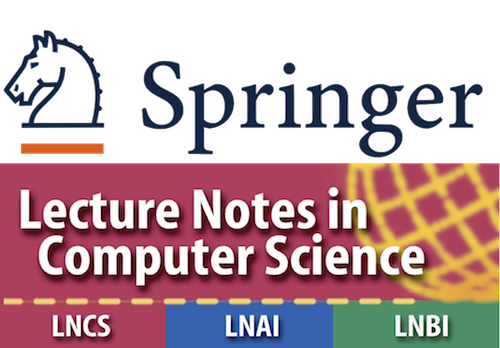Asynchronous Many-Task systems for Exascale 2022

AMTE 2022
Tuesday, 23 August 2022
Held in conjunction with Euro-Par 2022
Glasgow, Scotland, United Kingdom"

Hosted on GitHub Pages — Theme by orderedlist
Accepted papers
A Portable and Heterogeneous LU Factorization on IRIS
Authors: Pedro Valero-Lara, Jungwon Kim, Jeffrey Vetter
Abstract: In this work, we evaluate the use of the IRIS programming model to improve performance portability for heterogeneous systems using LU matrix factorization as motivating test case. Using IRIS we are able to separate the definition of the algorithm, using tasks + dependencies, from the tuning. This reduces the efforts for performance portability on heterogeneous systems considerably. One single IRIS codes can use different settings depending on the hardware features. LU factorization is considered one of the most important numerical linear algebra operations used in multiple HPC and scientific applications. We evaluate different configurations on two different heterogeneous systems achieving important speedups w.r.t. the reference code with minimal changes to the source code.
Quantifying Overheads in Charm++ and HPX using Task Bench
Authors: Nanmiao Wu, Ioannis Gonidelis, Simeng Liu, Zane Fink, Nikunj Gupta, Karame Mohammadiporshokooh, Patrick Diehl, Hartmut Kaiser, Laxmikant V. Kale
Abstract: Asynchronous Many-Task (AMT) runtime systems take advantage of multi-core architectures with light-weight threads, asynchronous executions, and smart scheduling. In this paper, we present the comparison of the AMT systems Charm++ and HPX with the main stream MPI, OpenMP, and MPI+OpenMP libraries using the Task Bench benchmarks. Charm++ is a parallel programming language based on C++, supporting stackless tasks as well as light-weight threads asynchronously along with an adaptive runtime system. HPX is a C++ library for concurrency and parallelism, exposing C++ standards conforming API. First, we analyze the commonalities, differences, and advantageous scenarios of Charm++ and HPX in detail. Further, to investigate the potential overheads introduced by the tasking systems of Charm++ and HPX, we utilize an existing parameterized benchmark, Task Bench, wherein 15 different programming systems were implemented, and extend Task Bench by adding HPX implementations. We quantify the overheads of Charm++, HPX, and the main stream libraries in different scenarios where a single task and multi-task are assigned to each core, respectively. We also investigate each system’s scalability and the ability to hide the communication latency.